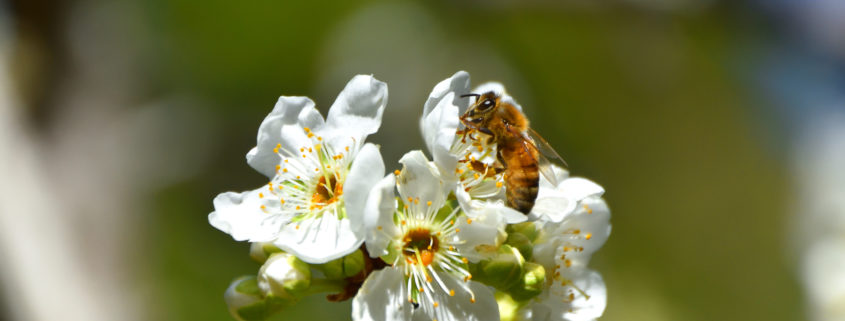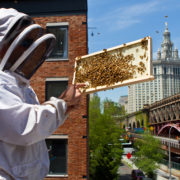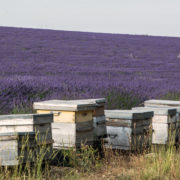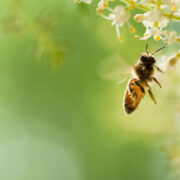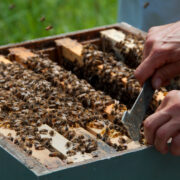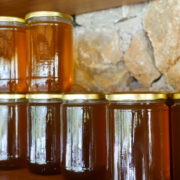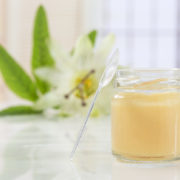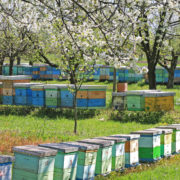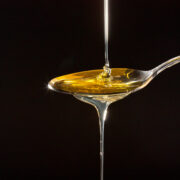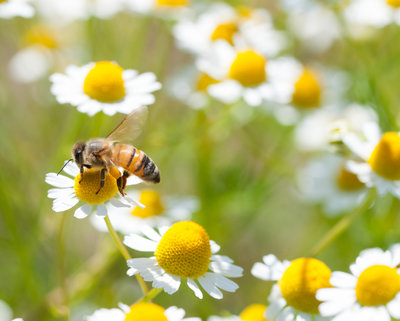Why Honeybees Are Essential to Humankind
Are honeybees a fundamental part of our earth’s ecosystem? The answer is a resounding “YES”, to say the least! Not only are they one of the world’s largest pollinators, but they also contribute generously to our lives and well-being in many ways.
Before countless species of plant, flower, vegetable, or fruit can exist, pollination must first take place – it is the key factor for most things that grow. Pollination is a vital process where pollen from a male or female plant is introduced to a plant of the opposite sex to facilitate reproduction. The transfer of pollen initiates fertilization and the production of seeds, allowing plants to procreate.
Cross-pollination occurs in nature with the help of the wind and insects including honeybees – some hobbyists even pollinate manually, by hand, in certain situations. Honeybees, however, are not only one of the principal pollinators around the world, they’re also the most vital to our ecosystem. For instance, a study by Nature Communications discovered that only 2% of the global bee species contributes to 80% of all bee visits to agricultural crops!
To put it simply – bees are powerhouse pollinators. Without their participation in this vital process, trees wouldn’t flower, fruit, or produce nuts, many wildflowers wouldn’t bloom, and our farms’ crops would quickly diminish. Much of the food we eat relies on preserving a healthy bee population to promote pollination and farming efforts, and our ever-growing population as human beings on this planet. In fact, bees are responsible for pollinating 70 of the 100 species of crops that we farm, which feeds 90% of our world’s population.
In addition to being a key source of prosperity for our agricultural crops, bees also produce a gooey, golden nectar that offers sustenance as well as several medicinal purposes – that’s right honey! Of course, its inherently sweet flavor is perfect for toast, desserts, and a multitude of recipes, but we aren’t the only ones who think it’s delicious. Many species of insects and animals also thrive on honey in the wild, which furthers the strength of the surrounding ecosystem and helps our planet thrive.
Honey isn’t just a delicious source of food though – it’s actually quite nutritious and is used widely used in holistic medicine as well as the beauty industry. Bees’ honey provides antioxidants, antimicrobial, and anti-inflammatory effects, and can be used topically as well. Who would have thought that a multi-purpose, all-natural medicine could be produced by bees?!
While we understand that the value honeybees offer our planet is immeasurable, many people like to view things from a monetary value standpoint. It is a difficult concept to investigate, but wild bee populations contribute approximately $3,250 per hectare to crop production annually. Roughly that would equate to around $4.2 trillion provided to the global economy by busy little bees. It’s really no surprise that the “Save the Bee” movement has become a global effort, as it’s quite apparent that our planet and the existence of living plants, birds, animals, and human beings depend greatly on their survival.

